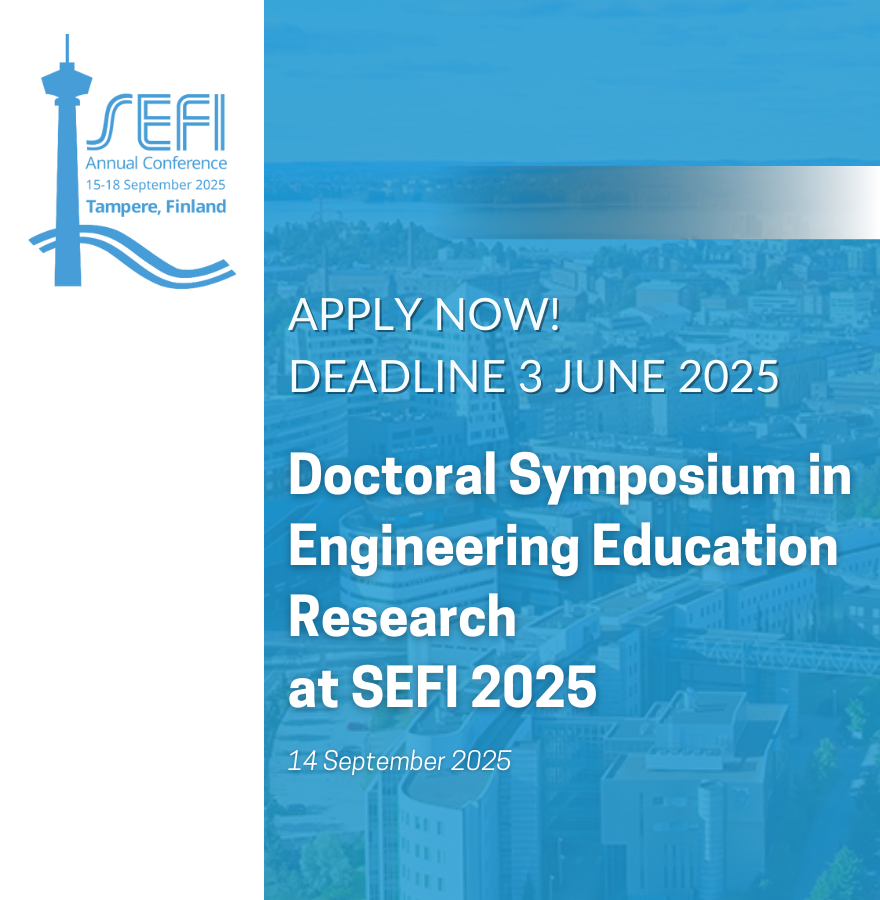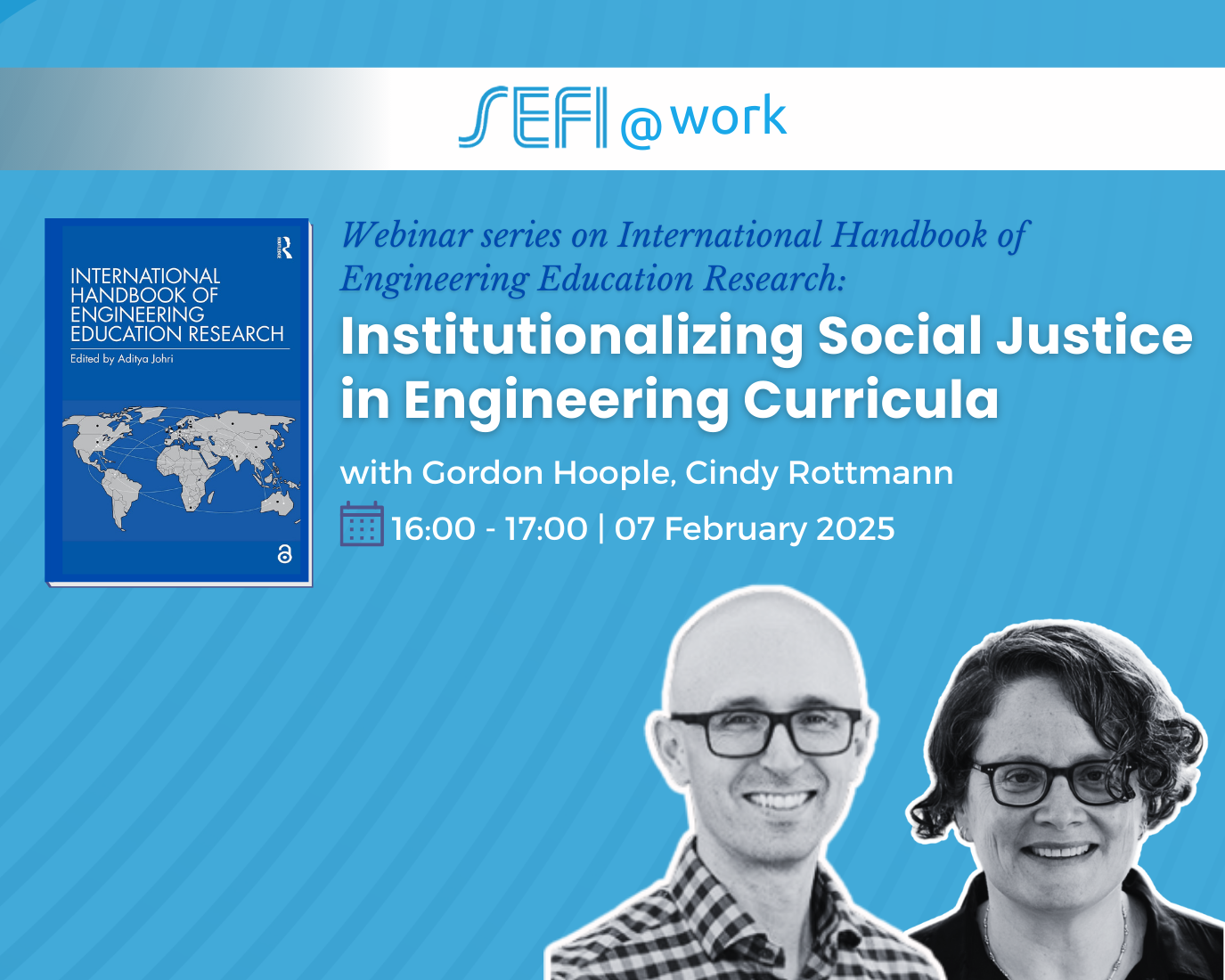The 9th Doctoral Symposium in Engineering Education Research offers an opportunity for PhD candidates to explore and…
SEFI@work: Researching students’ reasoning
Session of the series Research Methods in Engineering Education, organized by the SEFI SIG Engineering Education Research
Monday, 16 January ’23 12:30pm – 1:30pm CET
Speakers:
Claudia Schäfle, Rosenheim Technical University of Applied Sciences
Christian Kautz, Hamburg University of Technology, Germany
In this session, the authors will present highlights of their work published in Physical Review Physics Education Research: Student reasoning in hydrodynamics: Bernoulli’s principle versus the continuity equation.
The presentation will focus on some of the key results obtained in a study that involved about 250 engineering students and will illustrate how the answers to short questionnaires on hydrodynamics were used to investigate the students’ thinking on this topic. Among various types of reasoning about pressure and flow velocity, we found that some of the students used formal arguments from a simplified Bernoulli equation (“the lower the pressure the higher the velocity”), while others based their answer on intuitive arguments (“the higher the pressure the higher the velocity”).
We invite the audience to participate in a discussion of both the methods and the generalisation of the results.
General information on the Engineering Education Research Methods SEFI@work series.
The SEFI SIG on Engineering Education Research organizes SEFI@Work sessions focusing on research methods in Engineering Education Research. These sessions give the floor to a researcher that share a high-impact publication with solid methodological foundations. During the session the researchers are challenged to share their experiences with the applied methods in order to support the research within the SEFI community.
These sessions of the series Research Methods in Engineer Education, will allow you to:
- Get “insight” information on essential research methods for engineering education connected to a key publication within engineering education research, such that you can discover how the research methods were applied in well-recognized research.
- Give you insights in research methods you can’t get from a textbook but that you would share with colleagues within a research team or centre.
- Get to know well-respected researchers and authors in Engineering Education.
- Connect with people working on similar topics or using similar methods to your own research.


